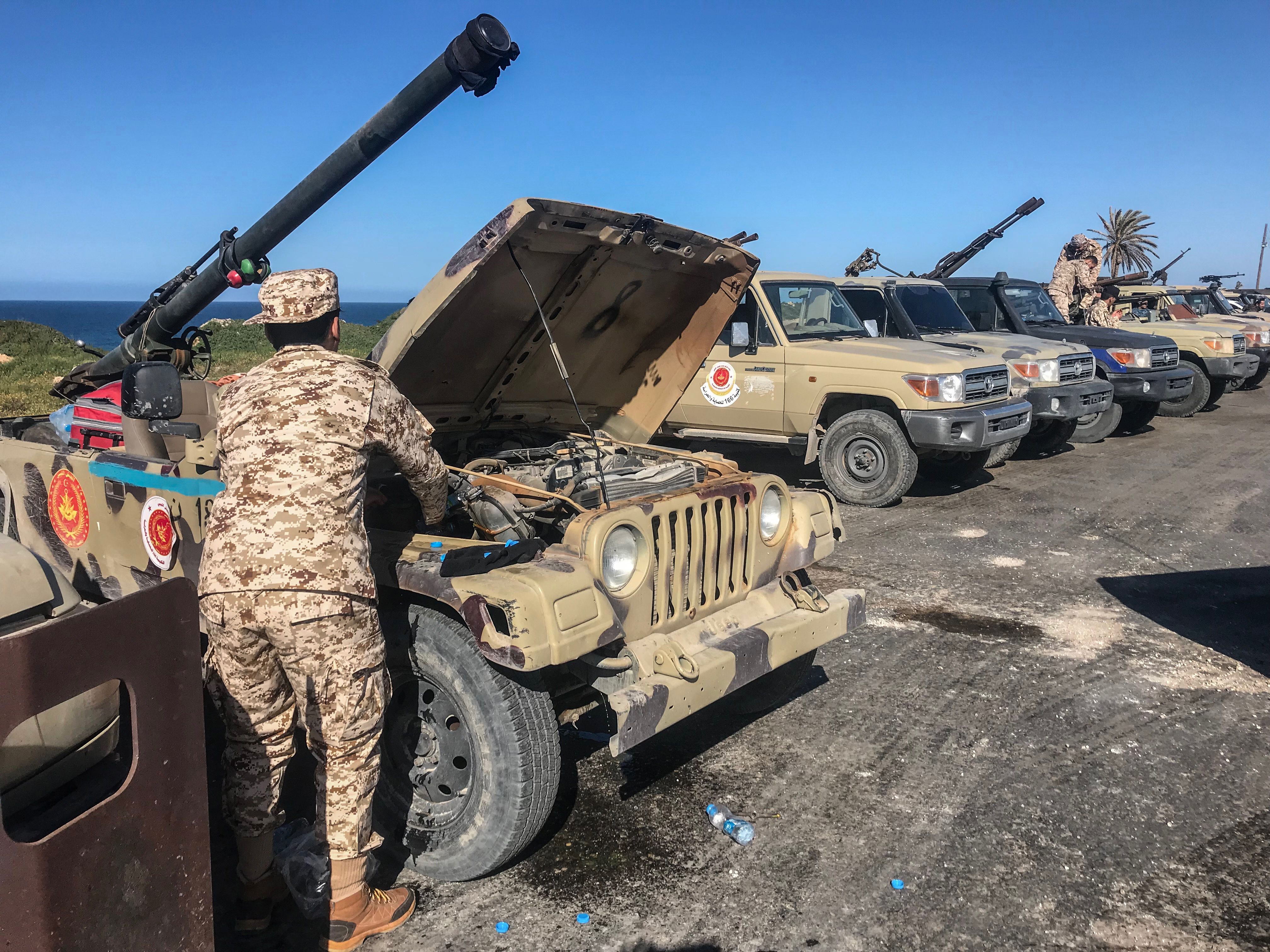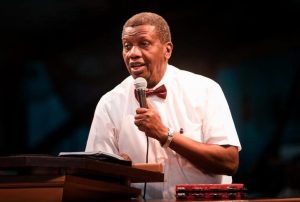US pulls troops from Libya amid a surge in violence

“The security realities on the ground in Libya are growing increasingly complex and unpredictable,” Marine Corps Gen. Thomas Waldhauser, head of US Africa Command, said Sunday in a statement. “Even with an adjustment of the force, we will continue to remain agile in support of existing U.S. strategy.”The American forces, who provide military support for diplomatic missions, counterterrorism activities and improving regional security, have been relocated temporarily in response to “increased unrest.”Col. Chris Karns, spokesman for Africa Command, reiterated that the movement of troops would not impact the force’s ability to respond to threats and targets.”For security reasons, I won’t pinpoint where these forces will flow,” said Karns. “It is important (that) groups, such as ISIS, don’t have an exact map of our whereabouts, but instead we use our finite resources on the continent to adjust swiftly, efficiently, and employ with maximum effect.”Years of chaotic fighting in the war-torn country have reached a crescendo in recent days as General Khalifa Haftar pushes to take control of the capital.On Sunday, his so-called Libyan National Army (LNA) said it had launched airstrikes targeting UN-backed forces in southern Tripoli.The United Nations Mission to Libya (UNSMIL) called for a “humanitarian truce” from 4 p.m. to 6 p.m. local time in the south of the city, urging rival forces to halt fighting so that ambulances could safely extract civilians injured in clashes.Forces under the command of the renegade Libyan general made a surprise advance Thursday on the capital, where the country’s UN-recognized government, the Government of National Accord, has its base.The GNA has announced a counteroffensive to defend Tripoli as Haftar’s troops draw closer.On Sunday, spokesman for the GNA’s armed forces, Mohammed Qanouno, heralded the launch of a military operation dubbed “Volcano of Rage,” aimed at “cleansing all Libyan cities from the outlawed,” Tripoli-based Libya Al-Ahrar TV reported.In the eight years since Moammar Gadhaffi was deposed and killed in the 2011 conflict, Haftar has been one of a handful of strongmen to take advantage of the nation’s descent into disarray.Based in the city of Benghazi, Haftar already wields control over much of eastern Libya, but he has his sights set on claiming Tripoli. Warring militia occasionally spar for control over the heavily populated capital, which has prevented the UN-recognized and Western-backed government of Prime Minister Fayez al-Sarraj from fully grasping the reins of power. In the mix are multiple tribes competing for control of Libya’s dwindling oil wealth, as well as militant groups, including ISIS, scattered across the vast country. “To our army stationed on the border of Tripoli today, we continue the march of struggle and response to the appeal of our people in the capital as we promised them,” Haftar said in an audio recording posted on his media office’s Facebook account on Thursday.He added that “safety of our foreign guests and our institutions” should be ensured.United Nations Secretary General Antonio Guterres was in Benghazi last week for talks with Haftar to push for an international peace deal, but left empty handed. Following their meeting, Guterres said he was leaving Libya “with a heavy heart and deeply concerned. I still hope it is possible to avoid a bloody confrontation in and around Tripoli.”The UN High Commissioner for Refugees and the International Organization for Migration (IOM) have raised concerns over how the ongoing clashes will impact refugees and migrants stuck in detention centers in the area.”The safety of migrants in detention is especially concerning should there be an escalation in military action,” IOM Director General António Vitorino said in a statement on Friday. “The fate of all Libyan civilians and the safety of humanitarian workers also remains an overriding concern.”CNN’s Nada Altaher in Abu Dhabi, Ryan Browne in Washington and Mohammed Tawfeeq in Atlanta contributed to this report.





